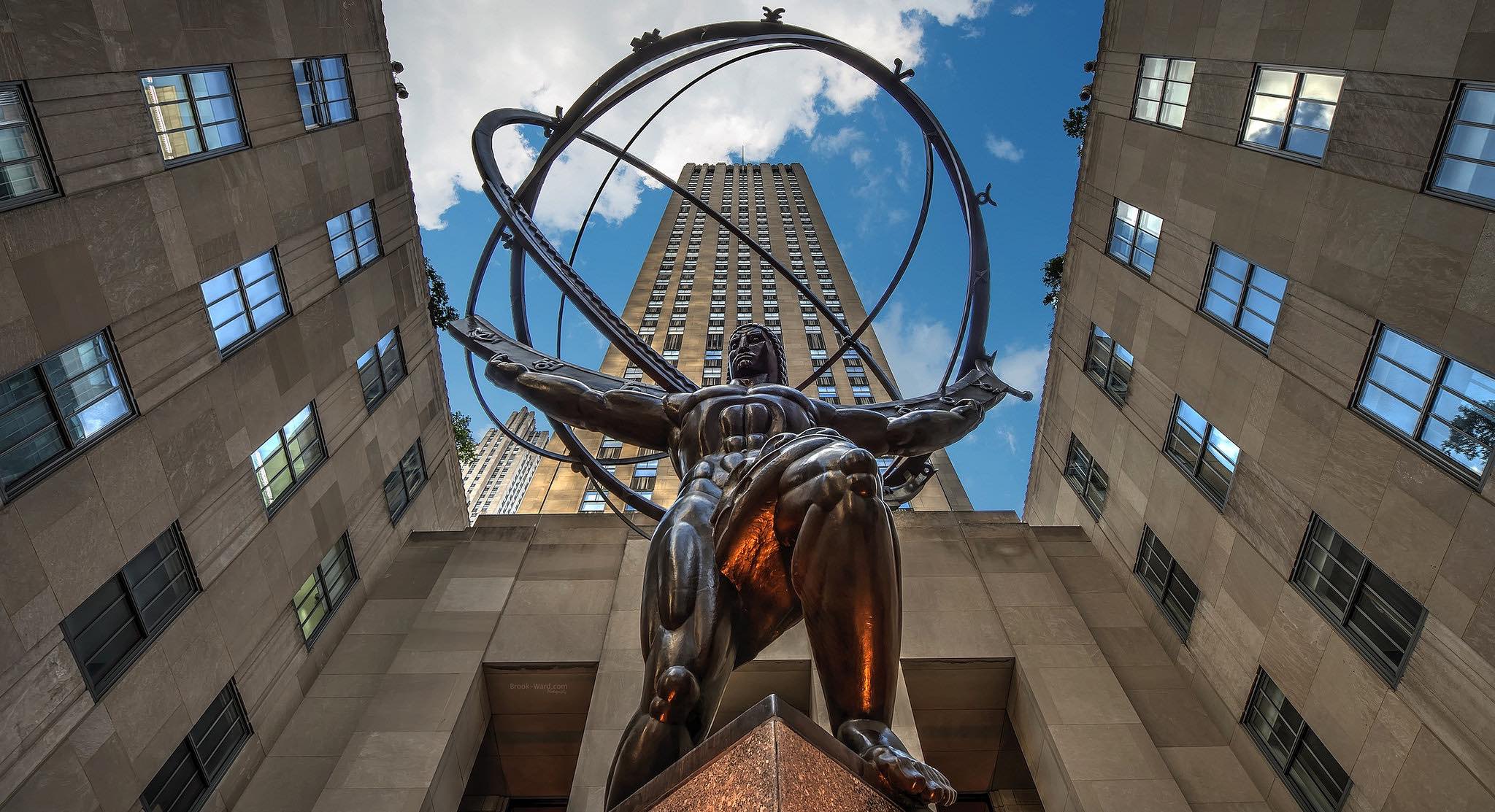
Since the financial crisis there’s been a growing power struggle between big corporations and governments that want the power to regulate the hell out of them. At least that’s what I hear.
Many believe that big business has become too big. That global corporations wield too much power and that stronger global regulation will solve the problem. They say we need more in the way of real global regulatory mechanisms — organizations like the European Commission, IMF, World Bank and United Nations, except with more teeth.
That argument is so over-the-top wrong it makes my head hurt. Not only are big corporations and big government not at war, they’re two sides of the same coin. I’ll explain.
First of all, the notion that big banks caused the sub-prime mortgage crisis and the subsequent financial meltdown is ludicrous. Were they complicit? Sure, but so were the heads of pseudo-government agencies Fannie Mae and Freddie Mac, federal regulators, the Fed and several congressional leaders, as I explained ad nauseam back in the day.
That crony melting pot should be your first clue there may be foxes guarding the henhouse.
The second myth is that government regulation is the cure for crony capitalism, fraud and greed. The problem with that argument is that government leaders and regulators are subject to the same power and corruption concerns as corporate executives: The more power you give them, the more greed and fraud you’ll get.
It bears mentioning that when Lord Acton famously wrote “Power tends to corrupt, and absolute power corrupts absolutely” he was referring to political and religious leaders – kings and popes – not business leaders. That said, they’re all flesh and blood humans, so they’re all subject to the same weaknesses and limitations.
The way to guard against corruption and fraud is to have a logical system of checks and balances, but that doesn’t necessarily mean more government regulation. That just concentrates more power in one place and, in turn, creates more opportunity and incentive for corruption, manipulation and cronyism.
For example, if you had a simple flat tax code of x percent, for simplicity sake, there would be no lobbying about tax codes and no loopholes for big companies or the wealthy. The same is true of any laws and regulations. When government overreaches and over-regulates, that’s when you end up with corruption.
Which brings us to the third myth, that more regulation is the enemy of big business. Actually, the opposite is true. The more regulation, the more opportunity for corruption, the bigger the advantage for bigger companies to lobby and manipulate the system, the harder it is for small businesses to survive. There are loads of examples.
In most American cities, you can’t own a taxi unless you’re a big company with $1 million to pay for the huge medallion “tax” set by regulators. That’s part of what gave rise to Uber and Lyft. Likewise, Dodd-Frank had a similar effect on regional banks, just as Sarbanes-Oxley made it more expensive for small companies to become publicly traded. All those regulations favor big business.
The fourth myth is the notion that corporations have become bigger and more powerful. A few have – a few always do – but the overwhelming majority have not. There are a number of limiting factors for corporate growth.
Bigger is only better to a certain point and, so far, free market competition and entropy have always provided that limiting factor.
At some point growth and profitability in mature businesses become harder to come by. In the interest of long-term shareholder value, it’s better to refresh product lines, adopt new technology, start new lines of business and abandon old ones.
The final myth is that, at a macro level, there’s some sort of global power struggle between big business and big government. Look, we live in a global economy. Nations can’t prosper without business prosperity, and big companies can’t prosper without laws that enable prosperity. In other words, corporations and government are mutually dependent.
That’s sort of the interesting thing about the marriage of democracy and capitalism. They’re inherently symbiotic as long as neither side overreaches. Some regulation is good. Some government is good. After all, we’re a nation of laws, right? And we have three branches of government to maintain that balance.
But it’s up to we the people to possess the leadership and the collective wisdom to find the right balance and, when it gets out of whack, as it does from time to time, to bring it back. Hopefully, we learn from our mistakes and do better next time.
Truth is there is no Utopia, no big brother, no regulatory body or bodies on any scale that can make everything right. The reason – and this is the key point – is that the bigger and more powerful the regulatory body, the more corruptible it is. And that corruption is most effectively exploited by, you guessed it, big business. Ironic, isn’t it?
Image credit Brook Ward / Flickr
Portions of this post originally appeared on CBSNews.com.